3 Important Questions to Ask Your Concrete Contractors
Choosing the right concrete contractors for your project is crucial to ensure quality, durability, and longevity. With concrete being a fundamental element in construction, its application affects the overall integrity of the structure. Concrete isn't only about pouring and curing; it involves meticulous planning, skilled execution, and technical know-how. By asking the right questions during the selection process, you can effectively assess a contractor's expertise, professionalism, and reliability. Let's take a look at three key questions to ask your concrete contractors and explore essential considerations for each.
1. What Experience Do You Have With Similar Projects?
When considering concrete contractors, one of the first steps is to verify their experience with similar projects. Contractors often specialize in specific types of work, such as residential driveways or commercial floors. Understanding their area of specialization can provide insight into their expertise and familiarity with the nuances of a particular project type. Since concrete projects can vary significantly in scale and complexity, selecting a contractor experienced in the specific type of construction you need is critical. Reviewing their past project types can also help set realistic expectations regarding the outcome of your project.
In addition to project type experience, inquiring about the number of years a contractor has been in the industry offers a glimpse into their market presence and reliability. Seasoned concrete contractors are more likely to have encountered a range of challenges and developed effective solutions over time. Long-term experience often correlates with a strong professional reputation and solid business practices. However, it's important to balance years of experience with the contractor's ability to adopt new technologies and techniques. Evaluating their industry longevity helps ensure you are working with a contractor who not only understands traditional methods but also embraces contemporary advancements.
Examining a contractor’s portfolio of past work is a tangible way to assess their competence and attention to detail. A comprehensive portfolio should showcase a variety of projects, highlighting the contractor's skill set and versatility. Pay attention to details like craftsmanship quality, finish consistency, and any custom design elements they have executed. Portfolios often reveal not only the outcomes but also any innovative approaches or solutions the contractor might have utilized. Reviewing their past work can give you a better sense of their ability to meet your aesthetic and functional requirements.
Client testimonials and references are invaluable in providing insights into a contractor's customer satisfaction and reliability. Speaking to past clients can help you understand the contractor's communication style, problem-solving abilities, and adherence to deadlines. Reliable contractors often have a list of satisfied clients willing to vouch for their work quality and professionalism. In today's digital era, online reviews can supplement direct references to provide a broader view of customer feedback. Taking the time to gather client testimonials is an essential step in assessing whether the contractor can fulfill your project's specific needs.
2. What Materials and Techniques Do You Use?
The selection of concrete mixes is foundational to the success of a construction project. Each project may require a different type of concrete mix based on the desired strength, load-bearing capacity, and environmental conditions. Discussing the types of concrete mixes and their specific applications helps ensure the use of appropriate materials for your project. Concrete contractors should be transparent about their rationale for selecting certain mixes, thus demonstrating their expertise in material science. Understanding the properties of the concrete mix used can help address concerns related to performance, durability, and long-term maintenance.
Effective concrete contractors should be abreast of advanced techniques that enhance the quality and efficiency of their work. Techniques such as the use of fiber reinforcement, high-performance concrete, or self-leveling mixtures can significantly improve project outcomes. Advanced methods not only boost the structural integrity of the construction but also offer cost and time efficiencies. By engaging with a contractor who utilizes contemporary techniques, clients can benefit from innovative solutions tailored to specific needs. It's crucial to explore how a contractor's methodological approach aligns with your expectations and project requirements.
Quality of materials is non-negotiable for any concrete project, impacting everything from structural strength to aesthetic finishes. Discussing the sourcing of materials offers insights into whether they meet industry standards for quality and safety. It’s imperative that a contractor utilizes reputable suppliers to ensure consistency and reliability of raw materials. With the U.S. concrete industry being a $64 billion market, according to Concrete Financial Insights, choosing concrete contractors committed to excellence in material selection is fundamental. Prioritizing high-quality and sustainable materials contributes to a successful and long-lasting construction project.
3. How Do You Handle Project Timelines and Budget?
Adhering to project timelines is crucial for maintaining schedules and minimizing inconveniences for both residential and commercial clients. A capable contractor should employ strategies to manage and adhere to predetermined project timelines effectively. Techniques such as detailed planning, phased execution, and regular progress checks help prevent delays. When choosing concrete contractors, understanding their track record for completing projects on time offers reassurance of their project management acumen. Transparency in timeline projections demonstrates the contractor's ability to balance commitments with practical considerations and contingency planning.
Discussing budget estimation and management is a vital aspect of the contractor selection process. Accurate budgeting ensures the project remains financially viable without compromising quality. A thorough breakdown of costs, including materials, labor, and potential contingencies, provides a detailed understanding of financial expectations. It's essential for concrete contractors to have a transparent approach to budget management, allowing for adjustments while keeping clients informed of any changes. Managing costs efficiently aligns with maintaining the quality of work and adherence to the proposed plan.
Effective communication is central to maintaining a strong contractor-client relationship throughout the project's duration. Regular updates on progress, challenges, and next steps ensure everyone is aligned and any issues are addressed promptly. A contractor who prioritizes clear and open communication helps build confidence and trust. Discussing how and when updates are provided reflects the contractor's commitment to client satisfaction and collaboration. A strong communication plan facilitates smooth project execution, aligns expectations, and builds a foundation for successful project completion.
Projects seldom proceed without encountering unforeseen challenges; thus, a contractor's approach to problem-solving is crucial. Assessing their strategies for handling unexpected issues demonstrates their adaptability and resilience. Experienced concrete contractors should have contingency plans in place for disruptions, such as inclement weather or supply chain issues. Thoroughly discussing their problem-solving tactics ensures you have realistic expectations and minimizes the likelihood of cascading delays. Proactive issue resolution is a testament to a contractor's commitment to maintaining project momentum and meeting agreed-upon deadlines.
Reviewing contract details and payment terms is a fundamental step to avoid potential disputes and misunderstandings. A clear contract should outline all aspects of the project, including timeline, scope, materials, and cost. Payment terms need to be straightforward, detailing deposit amounts, payment schedules, and any conditions for final payments. By ensuring transparency in contracts, concrete contractors demonstrate their professionalism and commitment to ethical business practices. A thorough review and understanding of contractual obligations is essential for safeguarding client interests and ensuring a smooth working relationship.
Choosing the right concrete contractors requires careful consideration and effective communication. By asking these key questions, you can ensure that your contractor is capable, uses quality materials, respects timelines and budgets, and is prepared to manage any challenges that arise. These preparations will not only contribute to successful project outcomes but also ensure the longevity of your concrete structures. Asking these questions when you approach the professionals at Radlund Construction LLC will enhance the quality of your construction project and minimize potential risks and setbacks. Give us a call today to learn more about us and get started with a free estimate!
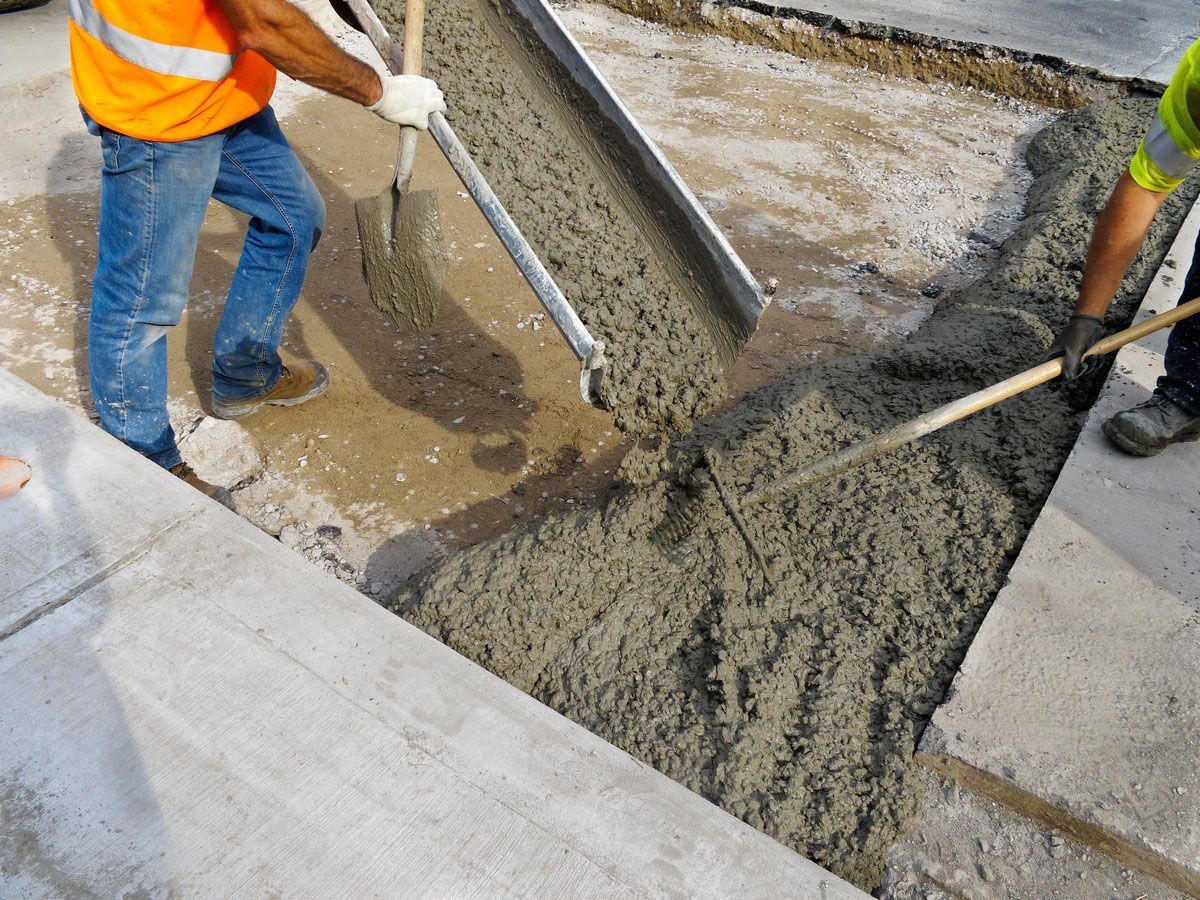
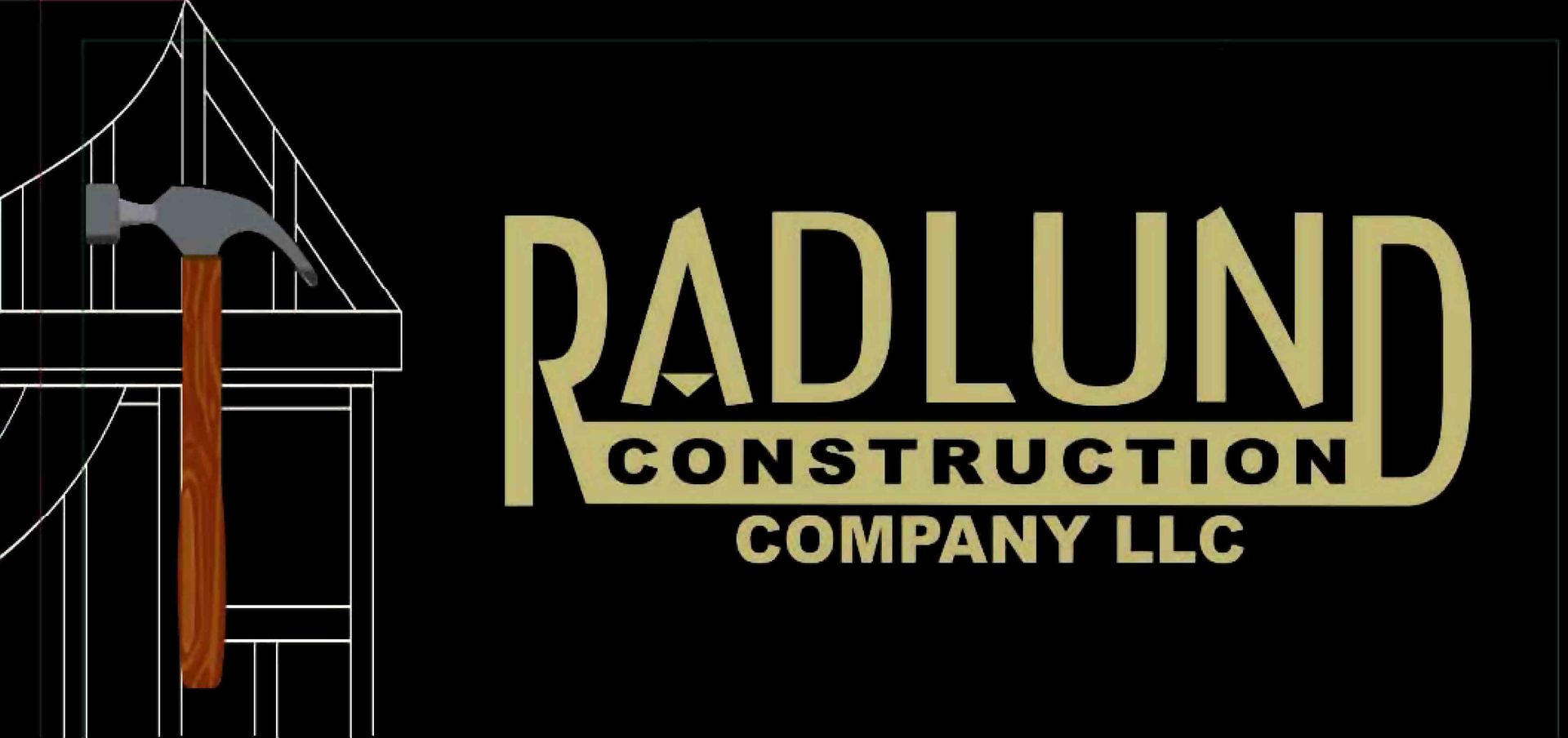
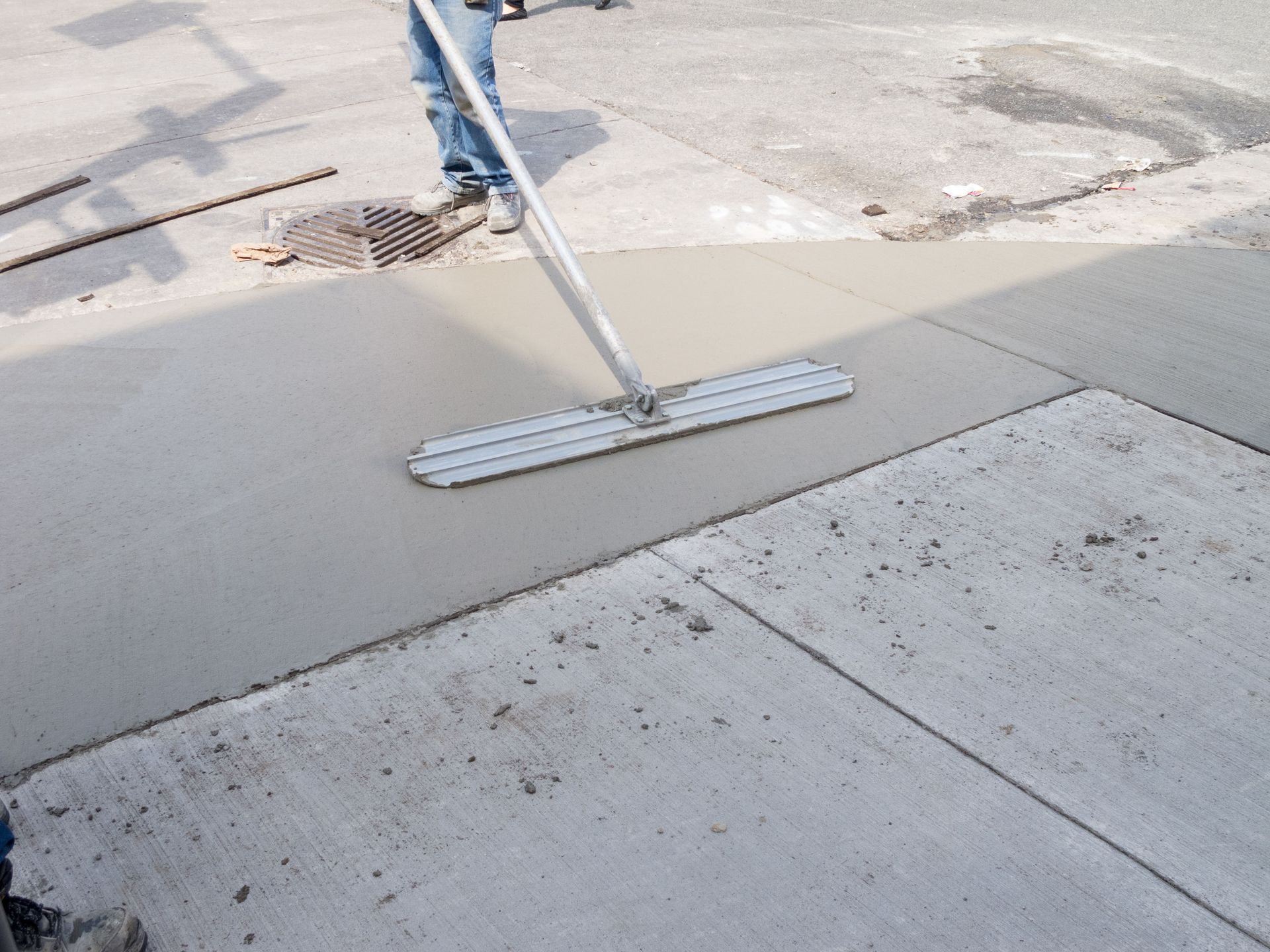
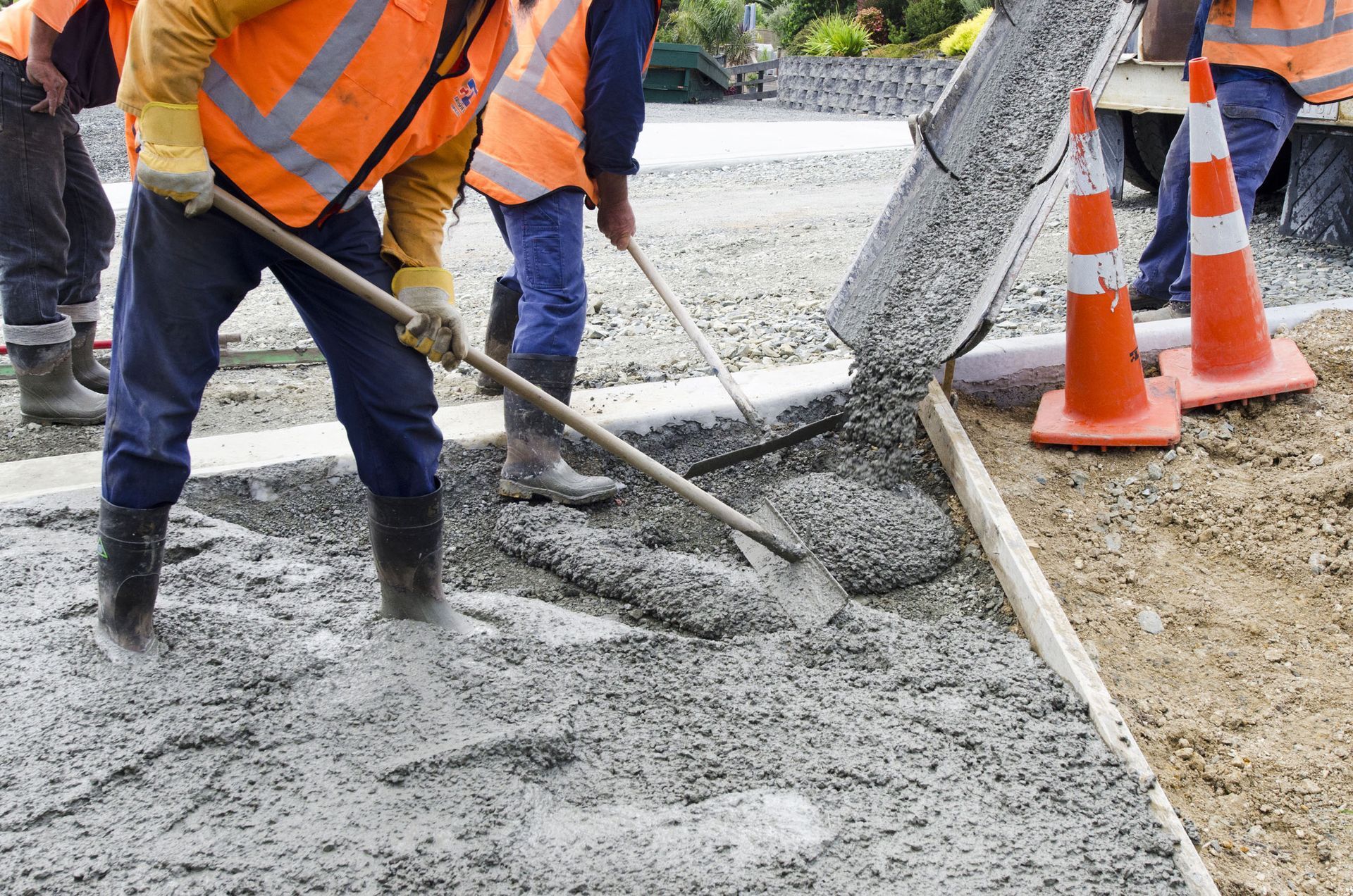
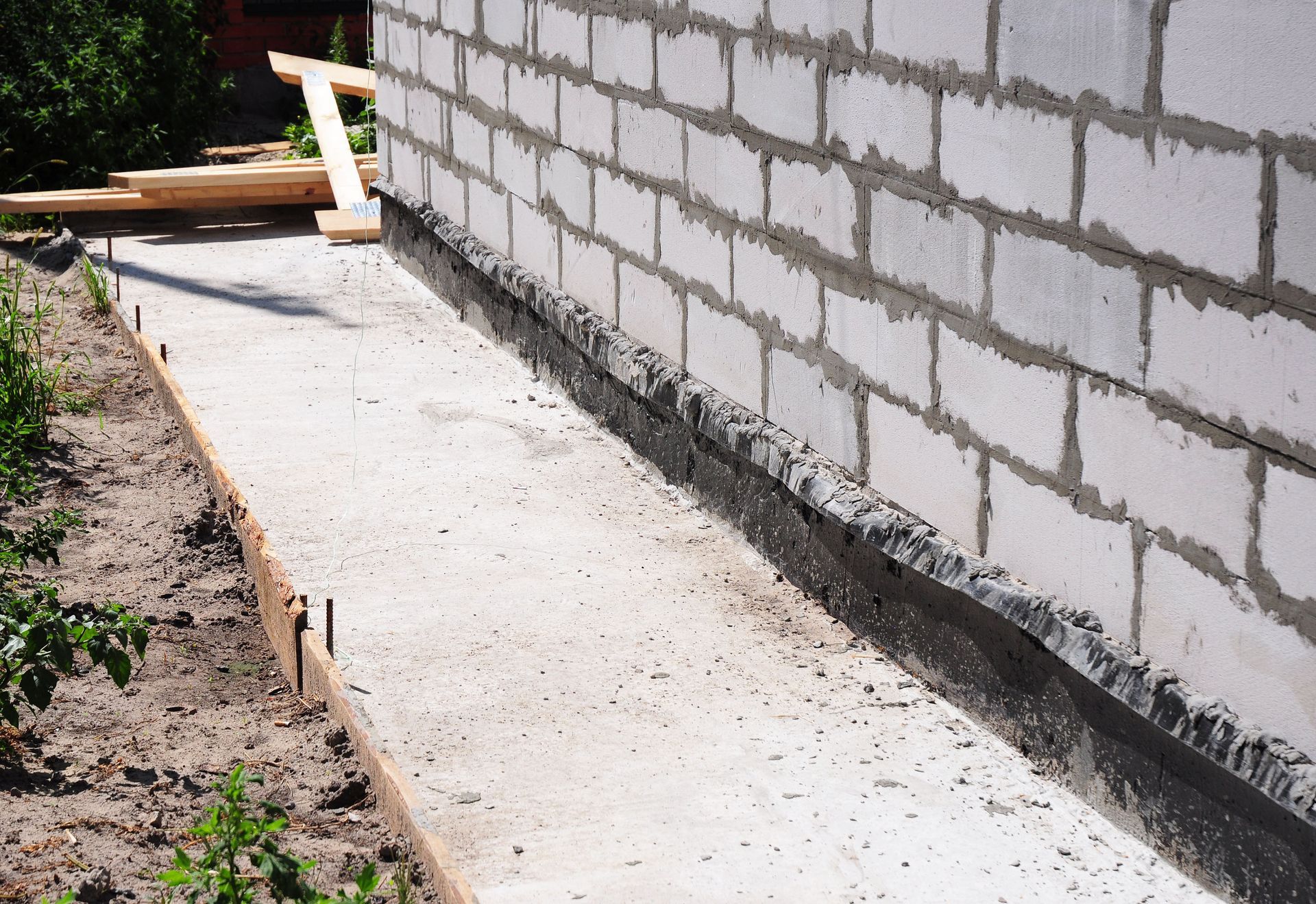




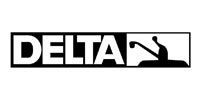


Share On: